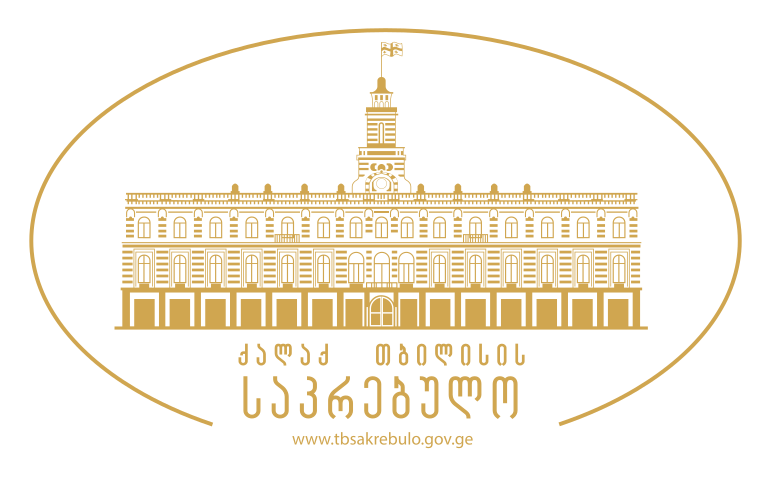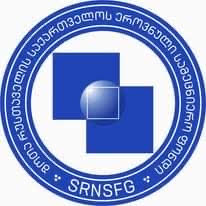045- Expressions of Widowhood across Cultures: Social Constructions and Contestations
Organized by: Saheb Kaur, Prof. Amitava Chakraborty
English
The idea of Widowhood is often understood as synonymous to loneliness ensured by the void after a partner’s demise. The social understanding of pain and acceptance of this emptiness nurtures and re-affirms traditional and cultural paradigms that place women within the category of widows. Amongst various categories used to define the identity of women, widowhood has been a very important one. Various cultures have constructed widowhood in different ways through time and region, imposing its practice through ascribing certain codes of appearance, conduct and possibilities of sexuality that often result in total denial of the self and the suspension of all desires. At the same time, there have been instances of resistance to the prescribed roles, individually, as well as socially, which form an important part of the history of movements for women’s right to define their social and sexual possibilities.
This panel proposes to interrogate various literary and cultural representations of widowhood across contemporary cultures within a comparative studies framework. The objective would be to understand such representations, for instance, the isolation and deprivation that they encounter, and their contestation of the stereotypes, preferably from multiple genres, in the context of the immediate socio-cultural locations and the implication of such representations for the given constructions of widowhood. Interpretative focus may range from larger socio-cultural implications to individual attempts at deifying or redefining the given notions of sexual, apparel, beauty, socio-organizational, professional, psychological and ontological roles. Taken together, this panel is expected to understand the complex constructions, pronounced or otherwise, of widowhood in various cultures and women’s journeys through the same in defining and expressing their own ways and voices.
The Project was supported by Shota Rustaveli National Science Foundation of Georgia (SRNSFG) [grant number MG-ISE-22-170]


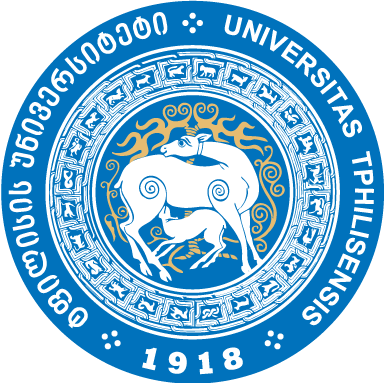


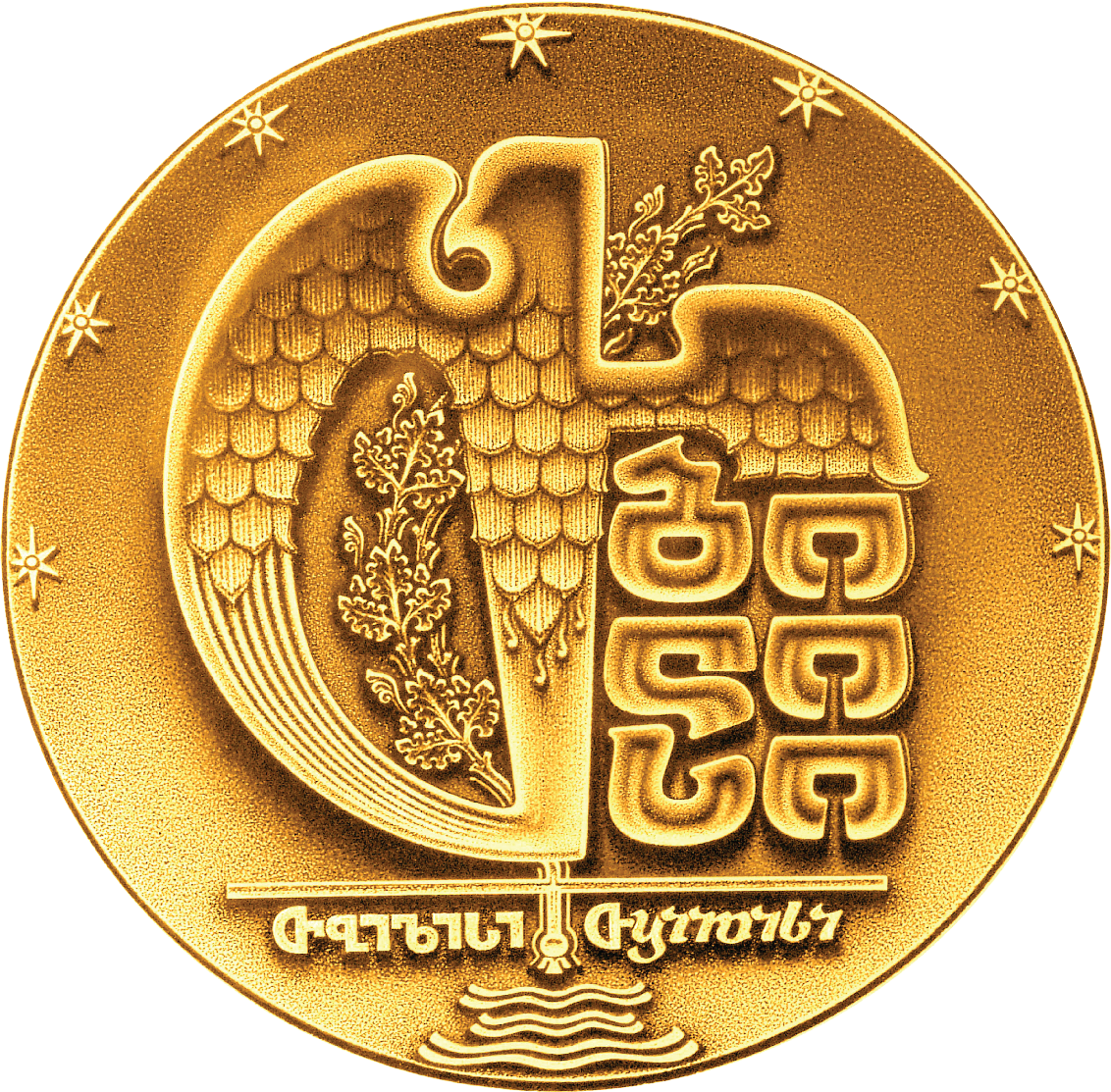

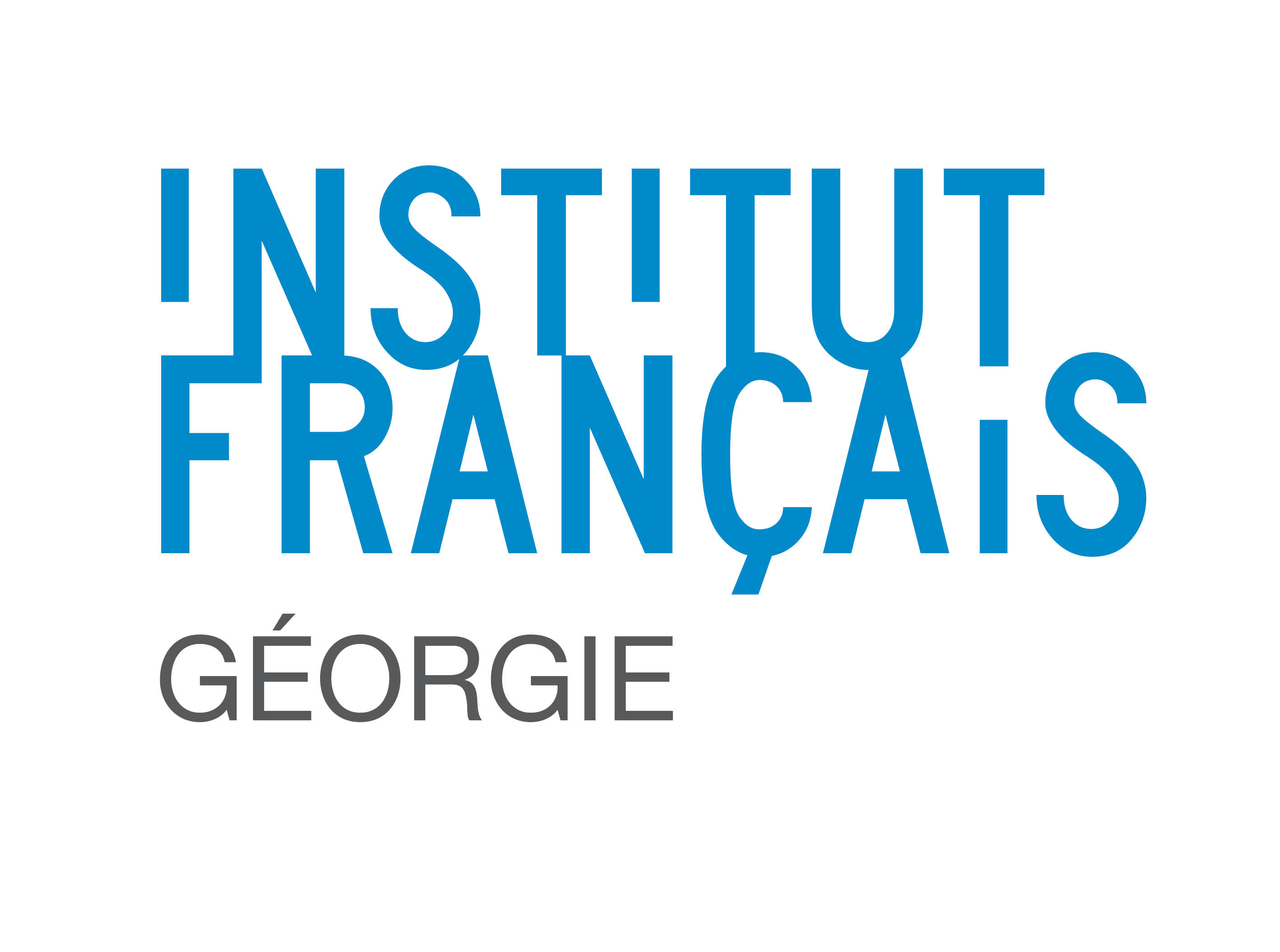


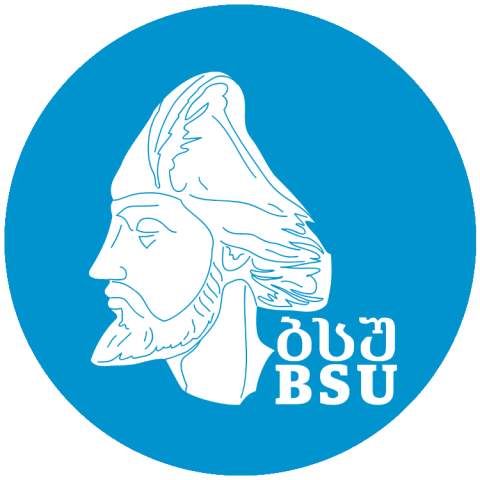

_001.png)

